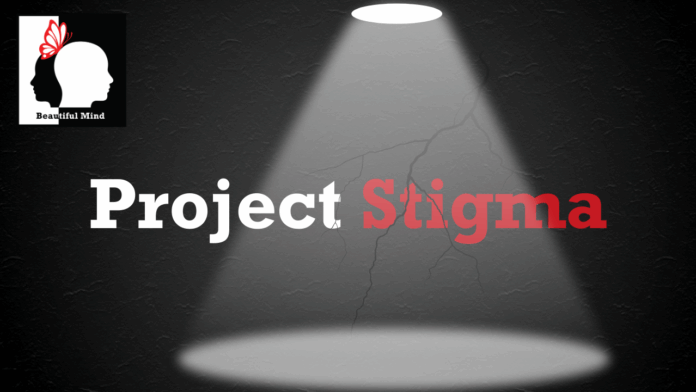In the world of branding, one feature that should stand out is how you wield the power of words to your advantage.
Think of popular taglines— those instantly recognizable, linguistic wonders that breathe life even to the dullest of things. Because if you think about it, language is a strategy – one that requires the persistent churning of one’s creative juices, which, if harnessed well, could catapult a brand to household-name status.
So, if there’s one brilliant thing that came out of the mental health awareness campaign launched at the University of the Philippines Diliman early this week – with The Platform News PH as the proponent and in partnership with OSDS UP System – it’s the name that encapsulates its mission: Project Stigma.
The name says it all.
It’s short, it’s impactful, and it’s a no-nonsense bullet that directly hits the bullseye. It makes one wonder why it wasn’t done sooner to champion mental health concerns.
This may come as a shock to purists since the word itself can trigger some deep-seated emotions. The conversation might even veer toward why anyone would name a mental health campaign after a term so heavily loaded with negativity.
But then again, a lover of wordplay might respond, without thinking twice, I might add: why not?
First off, naming the fear is the first step toward defeating it. If we cower at the sight of the entity that makes living a daylight nightmare, will we ever have a chance to even the playing field?
This pursuit echoes the metaphor of Epictetus and the many philosophers that came after him: Life is a battlefield, and the reward is to come out of it alive.
In the Potterverse, when witches and wizards refer to Lord Voldemort as “He-Who-Must-Not-Be-Named,” it isn’t a novelty or a nickname—it’s born out of collective fear. The wizarding world is so terrified of him that uttering his name feels like summoning his presence. But Harry Potter, ever the rebel with a cause, chooses to call a spade a spade. He speaks the name—Voldemort—as a way to strip it of its power.
Project Stigma does the same. It confronts the taboo head-on, dragging it out of the shadows and into the light.
Because if we can name the problem, we can start to dismantle it.



